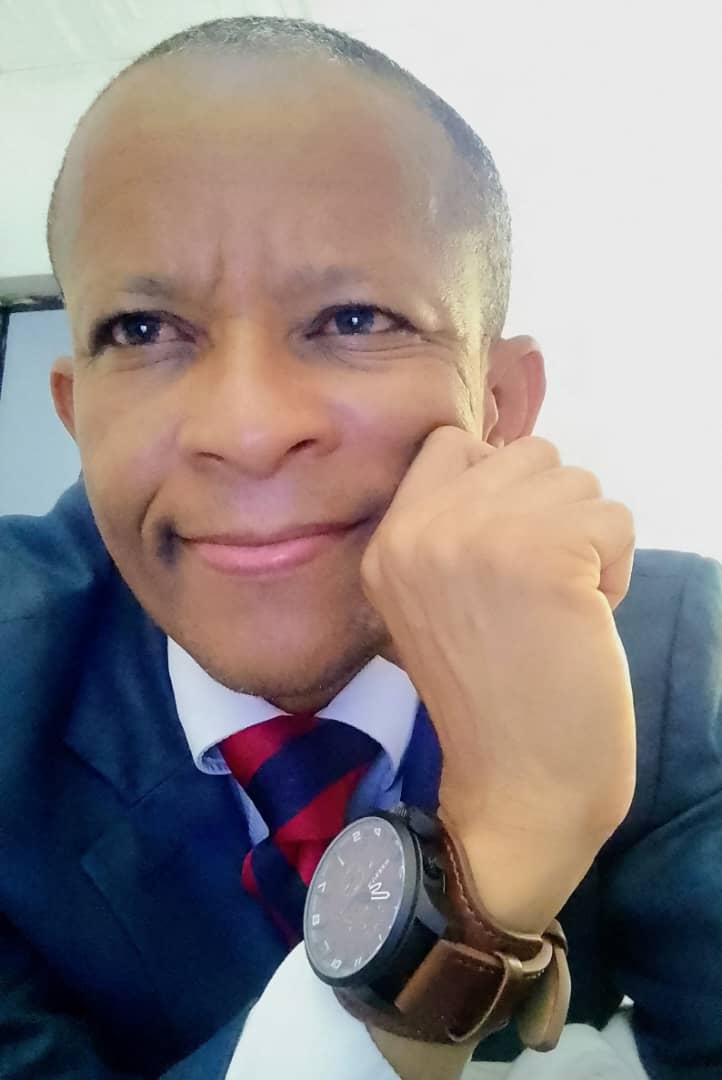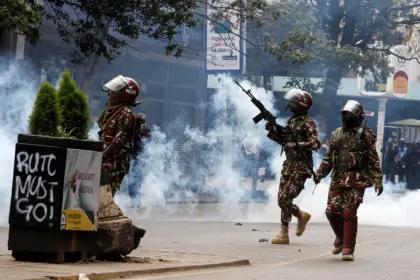By Emeka Monye
The Edo state governorship election held on Saturday, September 21 has come and gone with the winner, Monday Okpebholo of the All-Progressive Congress, APC, celebrating his victory while the losers are licking their wounds.
The election came with so much hype and tension while the political actors tried to outdo each other in promises to improve the lives and lots of the electorate.
The three front-running candidates, including Asue Ighodalo of the People’s Democratic Party, PDP, and Olumide Akpata of the Labour Party, LP, fought a good fight driven by the massive publicity and media advertisements run by their campaign organizations.
While it will not be out of place to commend the courage of the Labour Party candidate, Olumide Akpata, considering the peculiar nature of Nigerian politics, there are lessons to draw from the September 21 vote.
Politics could be described as an expression of individual personality, acceptability and popularity, still an election should never be a do-or-die affair, even though the outgoing Edo governor Godwin Obaseki would want us to believe otherwise, during his campaigns.
To political experts, an election is the climax of a process of exercising choice/s.
The Edo state gubernatorial election should teach lessons about focusing on issue-based campaigns.
For instance, instead of over-flogging hunger as happened in the Edo campaign, candidates should deploy a more effective strategy to win votes.
Yes, hunger currently ravages the country, but a single individual cannot solve the problem.
Nation-building is a collective responsibility and should never be left in the hands of the leaders alone.
The Edo election has known that the electorate no longer votes for political parties. They now consider political parties as fragments of each other with the same politicians switching camps at will with little or no consideration for the interests of the electorate or their constituencies.
The Edo poll has also exposed the fact, that no political party has a quick fix for any problem. The party is now considered a “purpose vehicle” that conveys candidates to electoral victory or seat of power.
It is illusory to think that a political party is the sole cause or can fix any particular situation.
It can be argued that economic challenges are caused by systemic failures.
Voters are wiser and tend to vote for candidates instead of political parties.
Perhaps, there are qualities in the APC candidate, Senator Monday Okpebholo, which they didn’t see in others.
Governor Obaseki probably should learn from President Bola Tinubu’s political school, how to be a good student in grooming a successor, bearing in mind the circumstances surrounding the former’s choice of successor, Asue Ighodalo.
Edo former governor, Adams Oshiomhole tried but failed to impose his preferred candidate on the state. While some former state governors succeeded others were not successful.
It is obvious that Obaseki rode to success with the support and goodwill of allies, the majority of whom, he later betrayed.
He must have learnt that politics of betrayal could be worse than politics without ideas.
In 2020 when Obaseki fell out with his estranged godfather, Oshiomhole, he boasted that “Edo is not Lagos.” In 2024, he dumped his deputy, Philip Shaibu, for a less fancied Asue Ighodalo.
In many senses, Edo state gubernatorial election could mark a turning point for serious reflection on party politics and the place of political godfathers in Nigerian politics.
It could also be a litmus test for the saying that politics is local.
APC candidate Okpebholo is said to be grass-rooted, but not well-read compared to his rivals. His victory shows that voters are not impressed by intellectualism, but by someone who feels their pain and can solve their problems.
Intellectuals may win the social media battle, but most bloggers or media activists do not vote on Election Day.
As I end this piece, I believe that elections can be free and fair in Nigeria if the stakeholders – the electoral umpire, politicians and others – all play their legally assigned roles.
Finally, whichever you belong to, please stay safe and healthy. Good health is more important than other considerations.
Emeka Monye, a journalist, writes from Awka
![]()








